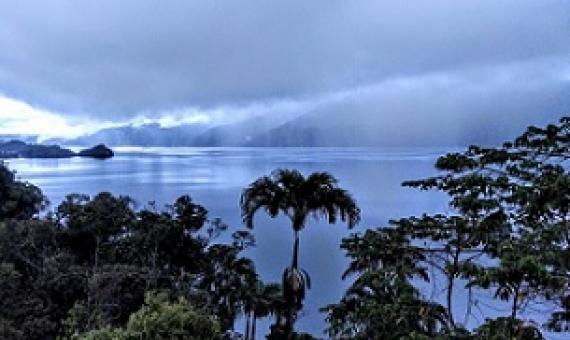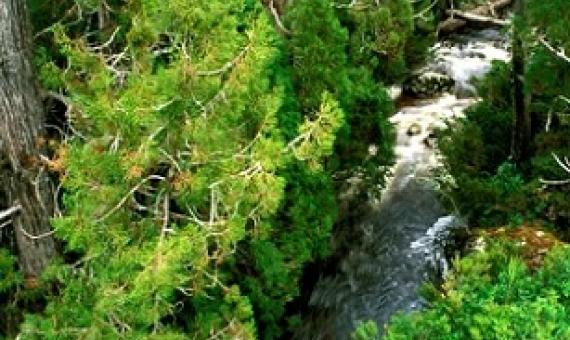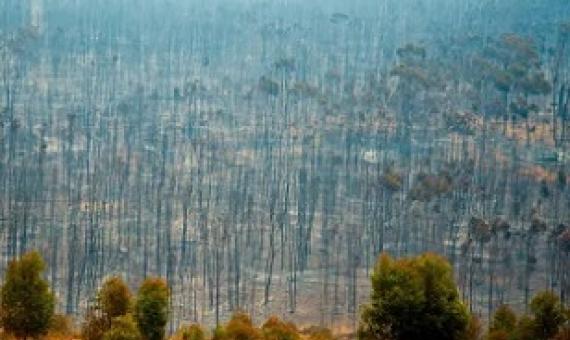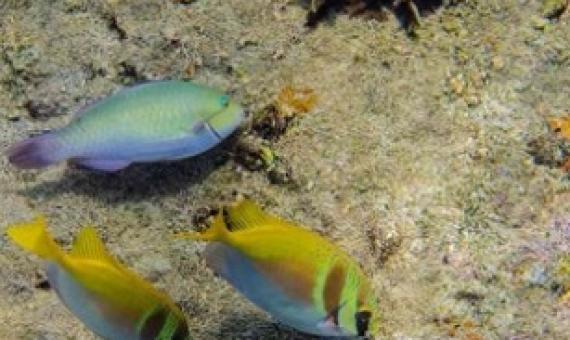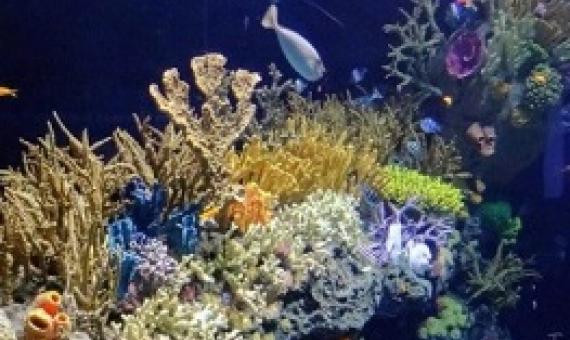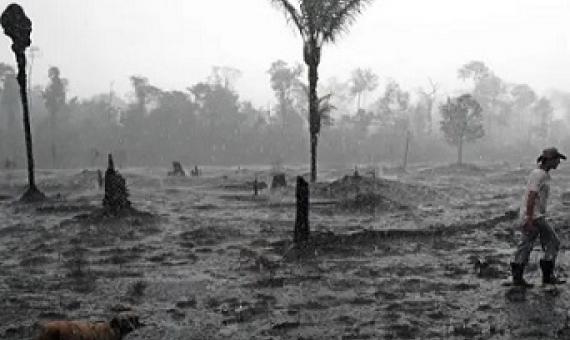Human impacts and Anthropocene environmental change at Lake Kutubu, a Ramsar wetland in Papua New Guinea
The impacts of human-induced environmental change that characterize the Anthropocene are not felt equally across the globe. In the tropics, the potential for the sudden collapse of ecosystems in response to multiple interacting pressures has been of increasing concern in ecological and conservation research. The tropical ecosystems of Papua New Guinea are areas of diverse rainforest flora and fauna, inhabited by human populations that are equally diverse, both culturally and linguistically.

